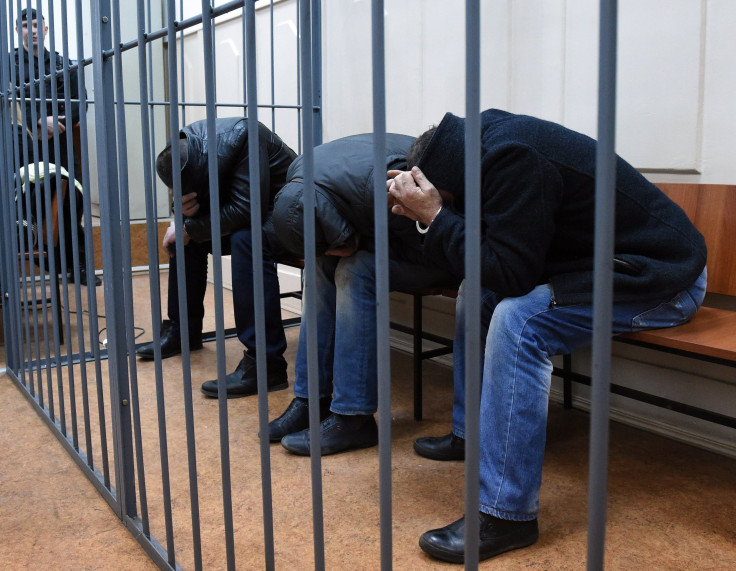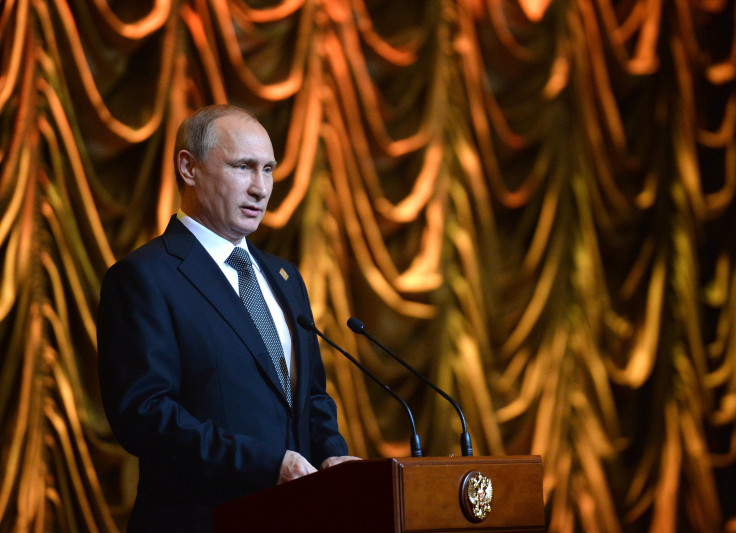Did He Or Didn't He? Trial Begins For Gennady Kravtsov, Russian Engineer Accused Of High Treason

A preliminary trial for the Russian engineer accused of selling state secrets to a Swedish company began on July 22 in Moscow, Agence France-Presse reported. The trial of Gennady Kravtsov is one of many high-profile treason cases in Russia in the past few months amid heightened tensions due to the conflict in Ukraine and a broader definition of treason.
Kravtsov left his job as a Russian military engineer in 2005 and wrote a letter to a Swedish company in 2010 seeking employment. The Russian government contends that the letter included state secrets from his time working in the military.
In 2012, Russian President Vladimir Putin approved a law that greatly widened the definition of treason by classifying it as any consultancy or "other assistance" to a foreign state that was "directed against Russia's security," the BBC reported. Many inside and outside Russia feared the law would effectively crack down on many forms of civilian dissent.

Ivan Pavlov, Kravtsov's lawyer, argued that his client's letter contained no classified information and was only an inquiry for employment. Kravtsov, 45, is the father of three children and has been in the Lefortovo detention center in Moscow since May 2014. Lefortovo is infamous in Russia and around the world as it was historically a KGB interrogation and torture center. The Moscow courts extended his detention to at least January.
Kravtsov's case is not the first Russian treason trial to make headlines outside the country. In February, Svetlana Davydova, a Russian mother of seven, was accused of high treason and faced up to 20 years in prison. Davydova was accused of treason for reportedly calling the Ukrainian Embassy in Moscow when she overheard a man on public transportation saying Russian soldiers were being sent to fight in Ukraine. She is still awaiting trial, though after an outcry from international prison rights organizations, she has been allowed to return home until the trial begins later this year.
© Copyright IBTimes 2025. All rights reserved.






















